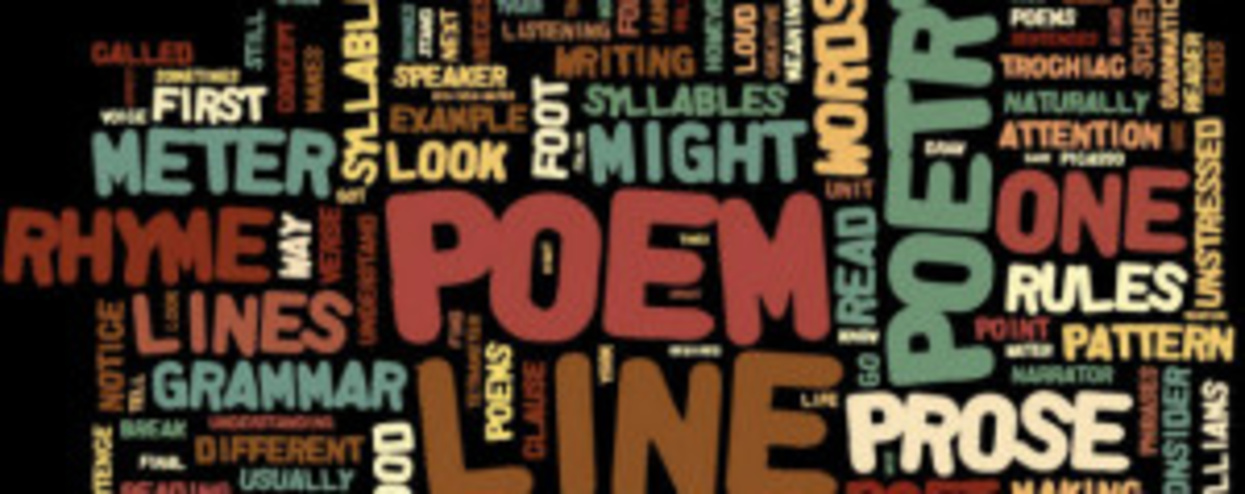Field Notes: Kyle Booten and a Digital Verse Lab

Kyle Booten (Education) taught BCNM's first NWMEDIA 90 this summer. Here, he offers a thoughtful discussion on the opportunity summer teaching afforded, along with the successes of the course and the difficulties imposed by the timing constraints. Thanks, Kyle, for your incredible work!
"Artificial Inspiration: A Digital Verse Lab" introduced students to the rich history of poetic works created with the help of computers; it also asked them to take part in this history by becoming digital poets. Though the class's readings focused on a wide variety of styles from the late 1950s through the present (from hypertext to computer-animated poetry), its lab sections focused more narrowly on generating poetry using Python's Natural Language Toolkit. These labs introduced computational techniques for analyzing and modeling language (such as context-free Grammars and Markov chains) and tasked students with using them to produce verse. They ended up making some wonderfully clever final projects, including a poem that self-edits, a program that automatically produces both lyrics and accompanying music, and a prototype of a fitness app that supplies users with randomly generated inspirational messages.
Only a few students entered the class with any programming experience at all. Learning to program while simultaneously studying a poetic tradition that is sometimes gleefully obscure was no doubt a challenge. In some ways, however, the two enterprises reinforced each other. Digital poetry can imbue otherwise dry programing tasks---such as generating permutations from a list of words---with an immediate creative purpose. Likewise, playing around with the source code of a poem (such as Nick Monfort's "Taroko Gorge") can provide students with critical purchase on slippery texts.
Berkeley boasts a diverse and highly international student body; this is even more true during the Summer Sessions, which attract visitors from around the world. Students entered the class with knowledge of varied poetic traditions, and the most crucial decision I made as an instructor was to allow the production of digital poetry in their respective first languages. I ended up learning quite a bit about poetic forms that were unfamiliar to me, such as Chinese poems that mandate the number of characters per line (resulting in a pleasingly sturdy rectangular shape). Students also entered the class from very different technological contexts. When I devoted a week of the syllabus to creating Twitter bots, it did not cross my mind that a fair number of my students would not have heard of Twitter. Linguistic and technological globalization became an accidental theme of the course; it inspired some interesting digital texts, such as a poem that used a Weibo API to translate itself into several languages. I left the class thinking that these students, in their exchanges and translations, had discovered globalization (and its limits) as an important problem for digital poetry to reckon with in the coming years.
You can read more about Kyle's work at the Digital Humanities blog!
